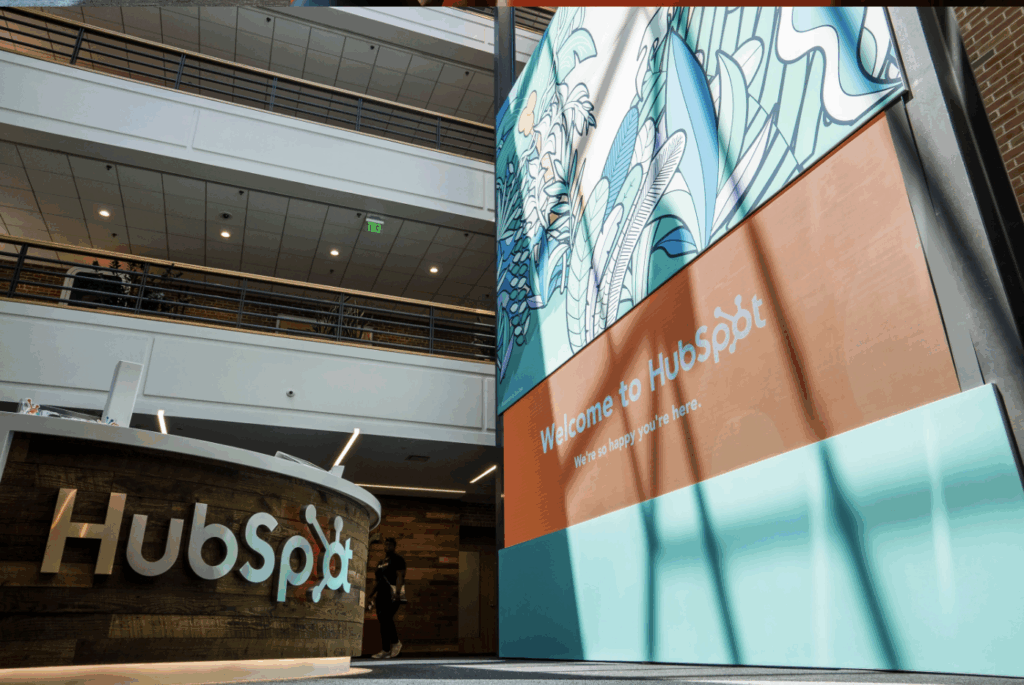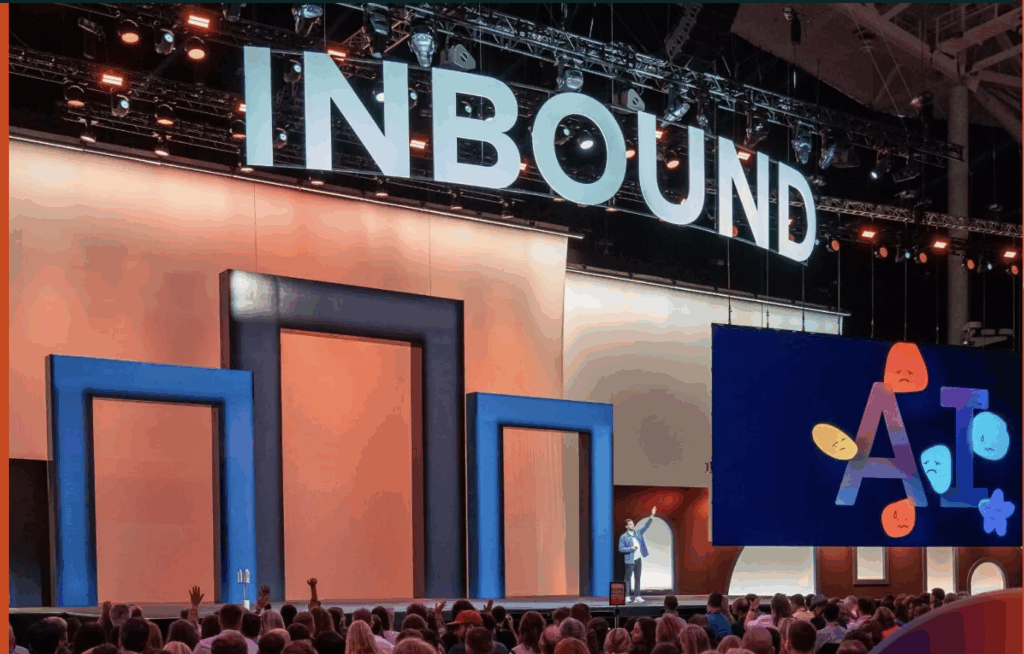How HubSpot has grown from inbound upstart to AI-driven platform

This week, HubSpot is holding its 13th annual Inbound customer conference, and it’s a time for the company to look back on its journey from a startup focused on the notion of inbound marketing for small- and medium-sized businesses to a full-service $25 billion public company.
HubSpot helped define the notion of inbound marketing when MIT graduate students Brian Halligan and Dharmesh Shah launched the startup in 2006. Today the company, while still firmly rooted in SMB CRM, has advanced and changed over the years to a full-fledged sales, service and marketing platform. And as with just about every SaaS vendor out there, the company has fully embraced AI, first with machine learning and now with generative AI.
That history came shining through in a recent conversation with Karen Ng, EVP and head of product at the Boston-based CRM company. Ng, who also graduated from MIT with a degree in machine learning, is in charge of implementing the company’s AI effort. That has taken on many forms with numerous changes coming to the platform due to AI’s influence. That includes a slew of AI-related product announcements at this week’s event.
AI’s undeniable influence
Ng joined the company three years ago just around the time that OpenAI released ChatGPT and has had a front row seat to all the changes generative AI has brought to the company. As she pointed out, the company had injected AI and machine learning into the platform previously, but ChatGPT changed everything very quickly.
“I remember the day I tried ChatGPT for the first time. And I think the big difference was how accessible AI was in a very natural language way to people who didn’t necessarily have machine learning degrees. And so definitely at HubSpot, we had this moment where we saw that there was something here that was as big as the cloud disruption,” Ng told FastForward.
She said at that point, the company pivoted the product road map to incorporate generative AI more broadly. “We began asking questions like, what does AI enable us to do now that we couldn't do before, what does it allow us to accelerate, and then what should we build?” They began developing a new architecture almost immediately to account for this technological shift.
The new architecture
HubSpot had to think very carefully about the impact of AI on the platform and what it meant for the company’s products. “We actually had to reimagine what it meant to have a context layer, and that is now the basis for our entire customer platform,” she said. As humans we develop an understanding of our business relationships and how that relates to a whole host of things from the main contact, their role, the company where they work and what’s happening in the world as it relates to all that. CRMs have always provided the basic information about the customer, but it was up to the sales or marketing team to make other types of connections.
AI has made it easier to build a broader understanding of not just the structured data inside the CRM database, but also unstructured data like a sales proposal attached to an email. Previously, humans had to connect this document to the customer record, but AI has enabled it to be a much more automated process.

Finally, there is external information about the company. Did it have a good or bad earnings report? Is there a news event having an impact on the customer that you should know about? Smart employees have always been able to make these connections with important customers, but again, AI brings a level of automation to connecting the dots that just wasn’t possible without today’s AI tools.
From a marketing perspective, advanced AI also enables companies to extract intent-to-buy data from a myriad of clues around the internet. In fact, HubSpot acquired Clearbit in 2023 to help understand this kind of information.
“We built Clearbit into a product called Breeze, so we are able to see things like patterns of buying behaviors when people are looking across the internet that they are about to look for a product, or start to research buying something. We call that research intent, and that is all built into that context layer,” she said.
Putting agents to work
As AI has advanced, we have gone from asking the AI for help to having it act on its own on behalf of employees. These agents can undertake a variety of tasks, depending on the product, and HubSpot is announcing 20 new agents this week at Inbound including a data agent, a customer agent and a prospecting agent. It’s all part of an overall concept the company calls Smart CRM, which helps you find information instead of explicitly asking for it.
The data agent lets you research information about your customers. The customer agent acts in the role of a human customer service rep helping resolve issues. Finally, the prospecting agent monitors prospects for those buying signals.

In addition, the company is introducing Breeze Studio, a tool for creating custom agents, and Breeze Marketplace, a place to buy agents. It’s important to note that these are announcements and will be available in public beta beginning this week. The company has not said when they will be generally available.
As agents proliferate, one theory says SaaS companies like HubSpot could be rendered unnecessary because the agents will take care of everything the software company once handled, but Ng is not one of those people. She sees a world where agents and people work together, and the SaaS vendor still has a role. They are still figuring out a new monetization approach that combines traditional licenses with a system of credits, depending on usage.
“The way that we do monetization is going to be a hybrid model, which involves core seat licenses. These will probably include AI features that augment humans. So for instance, the Breeze assistant will be available in every HubSpot seat. However, some of the agents like the data agent will be monetized through credits,” she said. In that model, customers get so many interactions with the agent up to a certain number, after which they will need to purchase additional credits.
As HubSpot brings its customers together this week for its biggest event of the year, the company is showing off new AI features designed to enhance the platform experience. With the introduction of agents, HubSpot could fundamentally change how the software works—including how it monetizes its AI products in the future.
Featured image courtesy of HubSpot.





